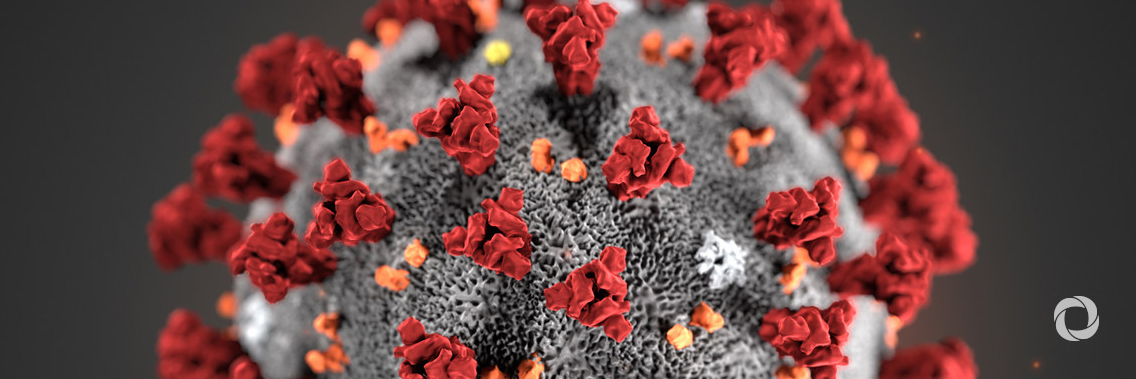The International Development Secretary Alok Sharma has pledged new support to the WHO to help respond to the global coronavirus outbreak.
A number of developing countries across Asia and Africa have identified potential cases, but many lack the tools, expertise and infrastructure to diagnose and treat patients themselves. Proper detection and isolation of patients is essential to prevent the spread of the disease globally, and leaving countries with fragile health systems unable to respond risks further outbreaks across the world.
£5 million of UK aid will support the WHO’s Flash Appeal to stop the spread of the disease by supporting the developing countries most at risk of coronavirus to quickly identify cases and care for patients. This will include training rapid response teams and medical staff to identify and respond to symptoms, raising awareness in developing countries of how to avoid coronavirus and predicting the spread of the virus to better target future support.
On top of the UK’s support for the Flash Appeal, additional experts funded by UK aid are expected to be deployed to the WHO. The experts will help coordinate the international response to ensure developing countries are better prepared and can respond effectively to potential cases.
The UK is well prepared for these types of outbreaks and was one of the first countries in the world to develop a laboratory test for the new virus.
“Diseases are global threats and to save lives around the world we need a fully coordinated international response. By supporting developing countries with fragile health systems to properly respond to suspected cases of coronavirus, UK aid can help prevent the spread of the outbreak,” said International Development Secretary Alok Sharma.
New UK aid support announced today follows £40 million invested into vaccine and virus research earlier this week by the Department for Health and Social Care (DHSC). The new DHSC funding, some of which is also UK aid, will support work on developing new vaccines for epidemics, including three new programmes to develop vaccines against the novel coronavirus, 2019-nCoV.
Original source: DFID
Published on 08 February 2020

